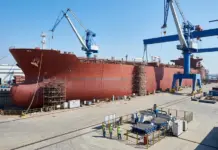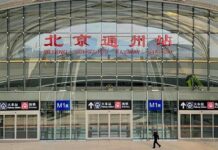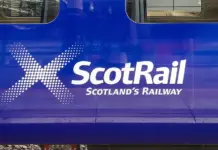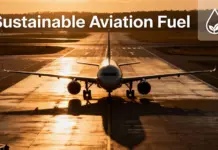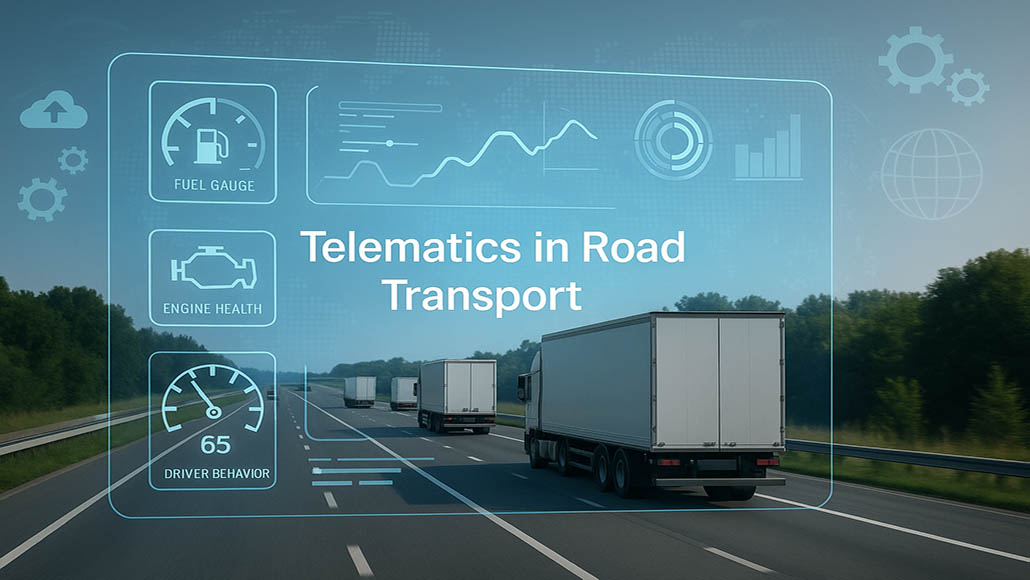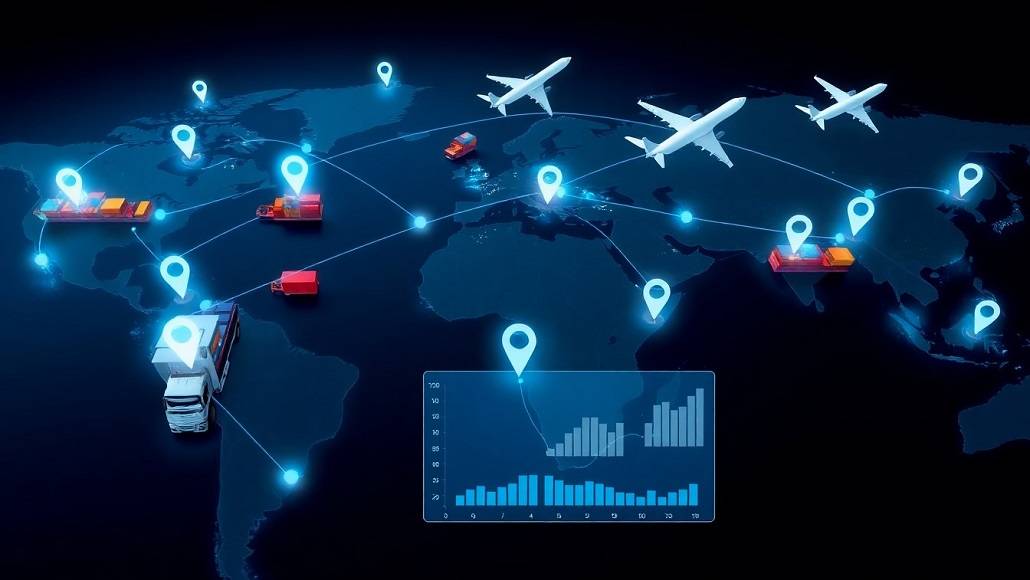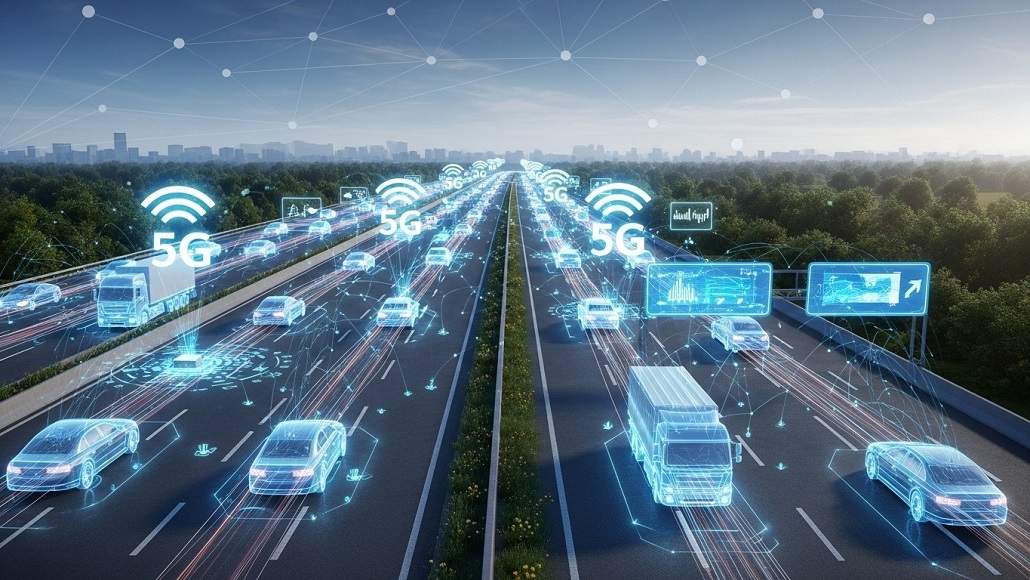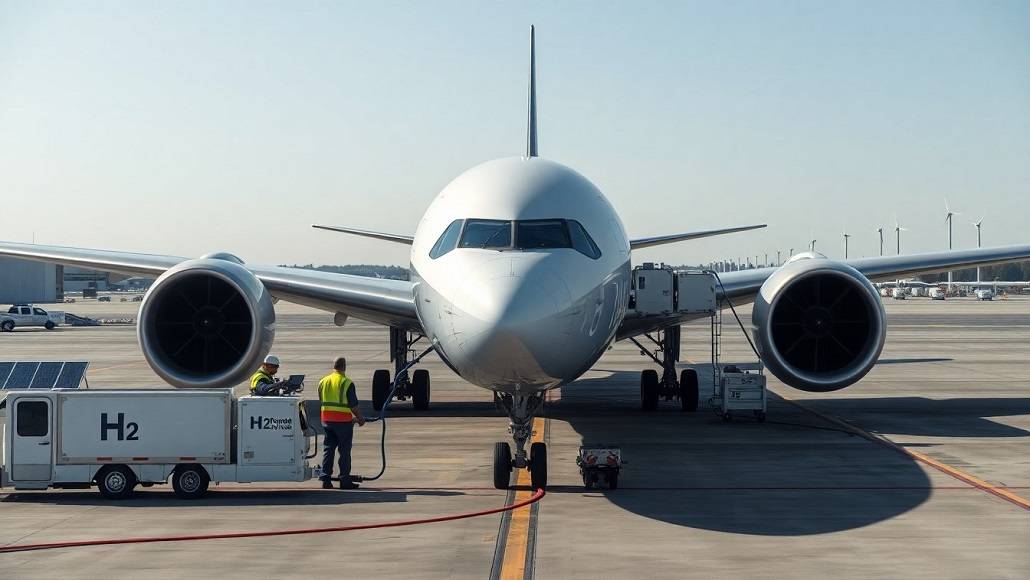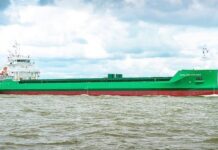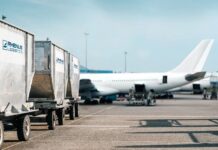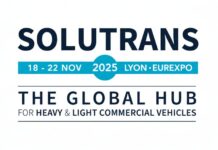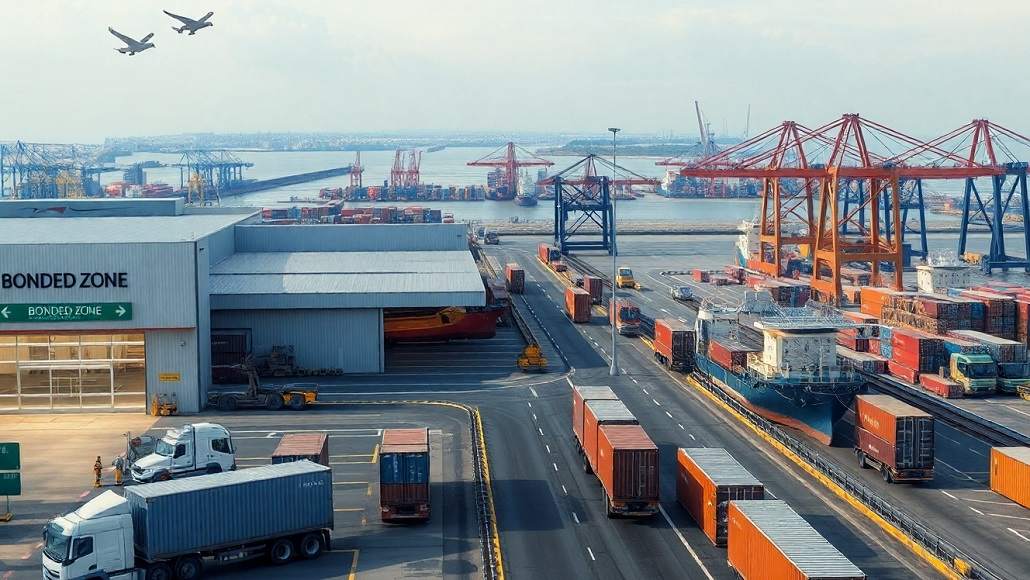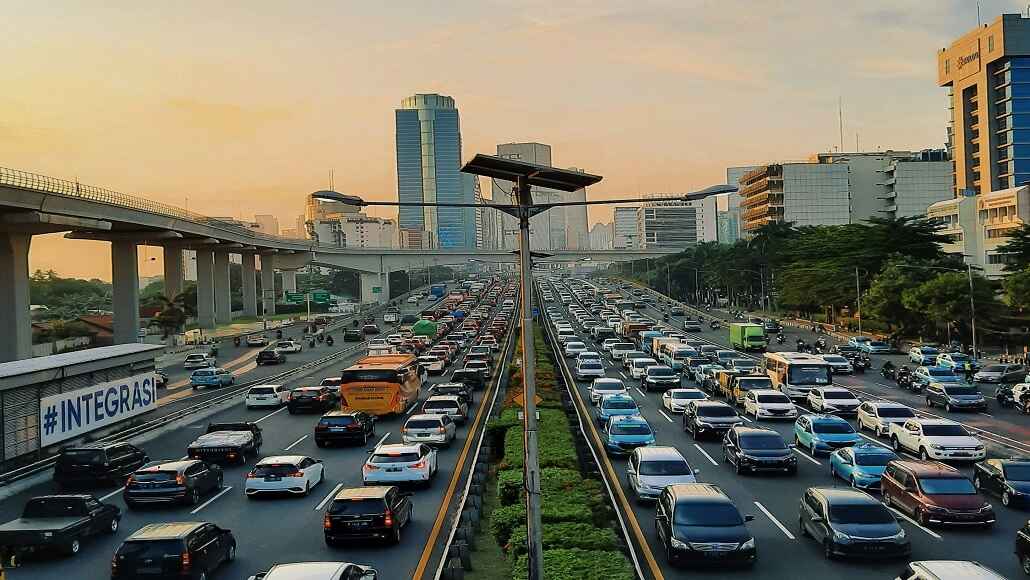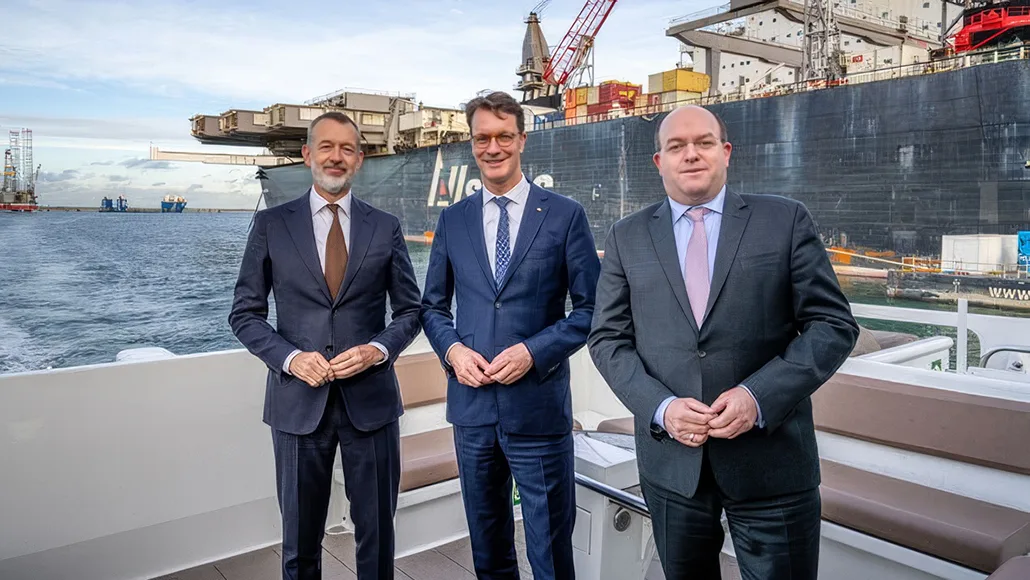The Port of Rotterdam and the Port of Duisburg are stepping up their cooperation to help shape the industrial future of North Rhine-Westphalia. Both ports are positioning themselves as major hubs for hydrogen and CO₂, marking an essential step toward a climate-neutral industrial base.
“The port of Rotterdam – as Europe’s largest seaport – and Duisburg’s port – the world’s largest inland port – together make a decisive contribution to the industrial future of North Rhine-Westphalia. Both ports will become central hubs for hydrogen and CO₂ in the future, making them important partners on our path to climate-neutral industry,” said Wüst. He added that enhanced cooperation between Rotterdam and Duisburg would improve regional competitiveness and the resilience of supply chains, reinforcing North Rhine-Westphalia’s position as a vital European logistics hub for energy and defence. “Their cooperation signals confidence: by modernising infrastructure and deepening partnerships, we secure the future viability of our continent – in terms of economy, ecology as well as security policy,” Wüst noted.
A major highlight of the new collaboration is the focus on CO₂ exports, which are vital for “hard to abate” industries where decarbonisation through CCUS (carbon capture, utilisation and storage) depends on robust port infrastructure and efficient transport links. Together, the Duisburg and Rotterdam ports will enable cross-border CCU/CCS operations like capturing, storing, and utilising carbon dioxide. The agreement between ports of Rotterdam and Duisburg also aims to reinforce the Rhine corridor’s role as a sustainable logistics route connecting European energy networks and production hubs with global markets. As the continent’s most significant waterway, the Rhine underpins Europe’s supply security and industrial competitiveness along the value chain.
“We face great challenges which we can overcome much more quickly, efficiently and intelligently together”, said duisport CEO Markus Bangen. “It is crucial for us to bundle our expertise and develop collective cross-border solutions, especially in sustainable logistics and the sectors surrounding the energy transition. Logistics is a team sport – and the port of Rotterdam is our ideal partner.”
“13 percent of Europe’s energy demand is imported by way of Rotterdam”, added Boudewijn Siemons, CEO of the Port of Rotterdam Authority. “This is still primarily made up of fossil fuels, but our long-term aim is to become Europe’s port for importing renewable energies. Inland shipping – and thus our cooperation with duisport – is especially important in the onward transport of these energy sources. As such, the waterway needs a strong lobby, and we are delighted that Minister President Wüst is setting a clear signal here with his visit to Rotterdam.”
The ports of Rotterdam and Duisburg have been cooperating since signing a letter of intent in 2022, covering areas such as rail and inland development, digitalisation, and the energy transition. Joint achievements include a partnership with Brazil’s Port of Pecém to transport green energy to Europe, integration of their digital port community systems RheinPorts and Portbase, and a pilot of the first low-carbon ammonia transport during the Dutch king’s visit in November 2023.







